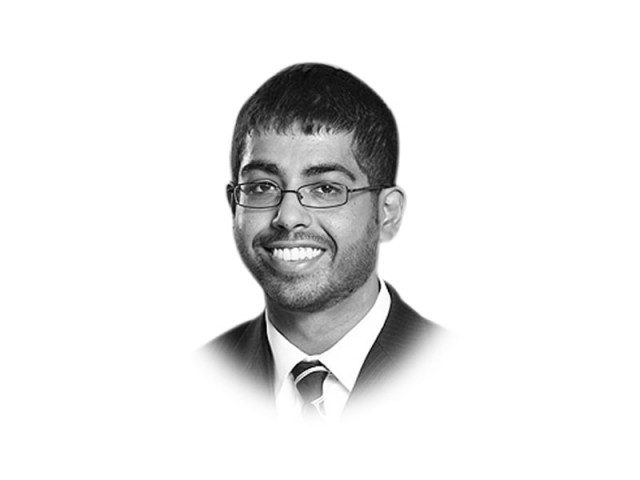The heavy burden of Mandela’s mantle
Instead of waiting for this generation’s Mandela, we'd be better served to study, apply his legal, political policies

The writer is an adjunct professor at the Howard University School of Law and holds a Juris Doctorate and LLM specialising in international law. He tweets @warishusain
I cannot begin this discussion without admitting my love affair with South Africa, a place I was fortunate enough to visit during a semester abroad at the University of Western Cape studying law. The atmosphere in Cape Town was unlike anywhere else; the landscape beauty was matched by the hospitality and openness of its people. During my study of South Africa’s Constitution, it became clear that the document was far ahead of its time and had the imprint of Mandela’s sociopolitical goals for a new South Africa. Former president of South Africa, Thabo Mbeki recently explained, “The national Constitution bears the very heavy imprint of the vision and the values which Nelson Mandela and his generation stood for.”
Unlike most constitutions, the fundamental rights list of South Africa’s Constitution enumerates over 34 constitutional guarantees, including rights to “sufficient food and water”, housing, health care, fair wages, and ability to join and create trade unions. While most constitutions formed by post-colonial states only protect civil and political rights, South Africa’s Constitution guarantees socioeconomic rights as well because, in the words of Mandela, “overcoming poverty is not a task of charity, it is an act of justice”.
And this form of justice to address poverty is not merely an aspirational or whimsical wish in the Constitution; rather, it has been effectively litigated in cases like Republic of South Africa. & Ors v Grootboom & Ors (2000). In that case, the country’s apex Court ordered the government to “devise, fund, implement and supervise measures to provide relief to those in desperate need (of housing/shelter)”.
That is not to say that South Africa has achieved all the aspirations laid out in its Constitution. Inequality still exists, with some saying the Constitution itself was a product of compromise struck by Mandela in order to create a peaceful new state. This meant allowing the same whites/Afrikaans, who had benefited from the oppression of apartheid, to keep their private property after the regime ended. Not only did Mandela’s party allow for property ownership to continue, it also set aside criminal prosecutions for some apartheid regime members accused of murder, torture, rape and other brutal crimes. The South African Truth and Reconciliation process has been touted globally as an example for all post-conflict countries to follow, but there continue to be murmurs that the process denied victims retributive justice.
The country has also dealt with political failings by Mandela’s party after he stepped down from power. President Mbeki gained international notoriety by denying that HIV caused AIDS, while the next president Jacob Zuma claimed that showering reduced his chances of contracting the deadly virus. The nation recently faced an energy crisis with electricity rationing. In 2008, there were xenophobic riots against Zimbabweans working in South Africa, leading to hundreds of injuries, 42 deaths and thousands being displaced.
The deluge of these post-apartheid sociopolitical problems was kept at bay by Mandela, whilst he held the political reigns. However, as President Mbeki stated, Mandela represented ideals that must be upheld far beyond his political life. The inheritors of Mandela’s mantle come in the form of lawyers, judges, activists and civil society groups and they continue fighting to achieve an egalitarian and prosperous South African nation.
Though the world may be becoming increasingly inhospitable to leaders like Mandela, it is important to remember his dedication to equality and the empowerment of historically-oppressed people. Therefore, rather than searching and waiting for ‘this generation’s Mandela’, we may be better served in studying and applying the legal and political policies that he envisioned for South Africa.
Published in The Express Tribune, December 13th, 2013.
Like Opinion & Editorial on Facebook, follow @ETOpEd on Twitter to receive all updates on all our daily pieces.














COMMENTS
Comments are moderated and generally will be posted if they are on-topic and not abusive.
For more information, please see our Comments FAQ